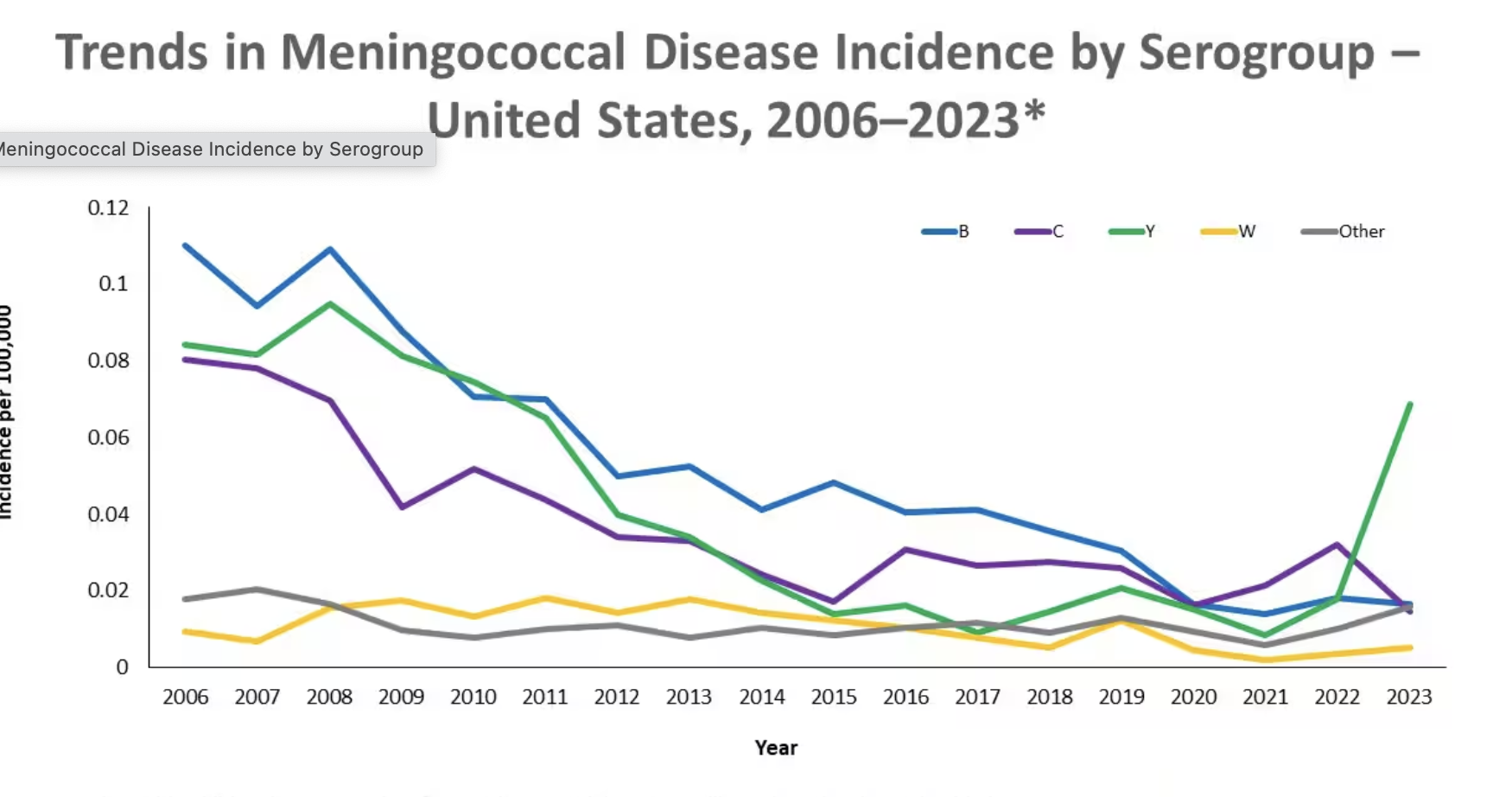
Massachusetts General Hospital (MGH) researchers who developed a new artificial intelligence (AI) tool that uncovers previously unrecognized signs of long COVID in electronic medical records (EMRs) say it suggests that 23% of the population has the condition at some point.
Published last week in Med, the research may reveal the true scope of the pandemic's long-term consequences, offer a personalized approach to care, and diminish the biases that many patients have faced when seeking long-COVID care.
The AI tool identifies and tracks long-COVID signs or symptoms (eg, shortness of breath) that can't be explained by alternative diagnoses (eg, asthma) in the EMRs of patients who had COVID-19 at least 2 months before. The researchers developed the algorithm by deriving data from nearly 300,000 patients at 14 MGH hospitals and 20 community health centers.
More accurate, less biased
While current estimates suggest a long-COVID prevalence of 7%, the researchers' estimate was much higher, at 22.8%. In addition, the AI tool was roughly 3% more accurate than the relevant diagnostic code and less biased toward certain populations, such as those with better healthcare access.

.jpg)











